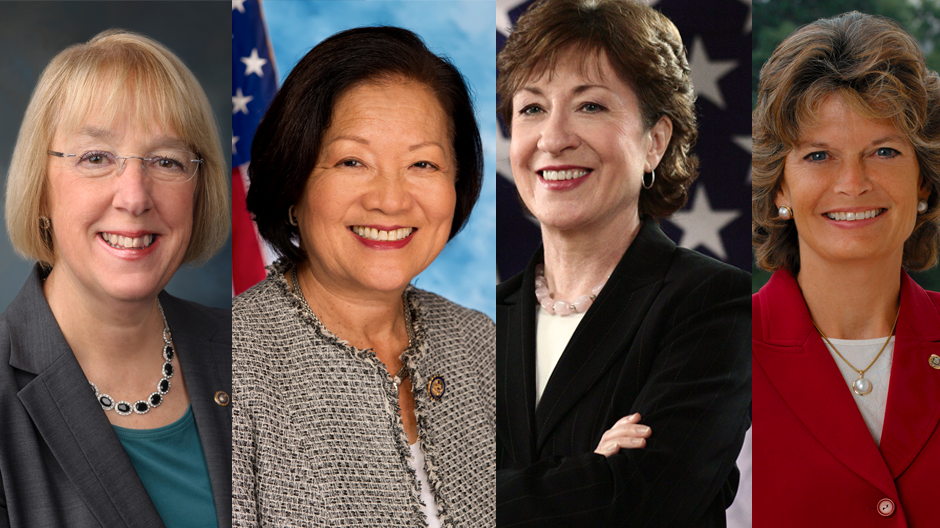As a second Trump administration approaches, we’re running out of time to confirm as many federal judges as possible to provide a check on his presidential power and curb his stated policy priorities.
Hyde at 40: Time to End Four Decades of Unjust Policy


This week marks forty years of the Hyde Amendment, meaning for four decades Congress has continued to pass a policy founded on the idea that individuals living in poverty should and will have different health care options than the rest of the country. The Hyde Amendment denies health coverage of abortion to individuals enrolled in Medicaid with the very narrow exceptions for rape or incest or the woman’s life is in danger. For four decades, politicians have used income as a basis for denying some individuals access to abortion. And for four decades, the Hyde Amendment has helped deepen existing economic instability.
The Hyde Amendment Discriminates Against Low-Income Individuals
Medicaid is a critical source of health coverage for low-income individuals and their families. In fact, 46% of women ages 18-64 enrolled in Medicaid live below the poverty level—that means making $12,082 per year or less for a single person. The Hyde Amendment makes it impossible for many of these individuals to access abortion. In the first twelve weeks, an abortion can cost up to $1500 and the price increases with each subsequent week of pregnancy. For many, that cost barrier is insurmountable, and without coverage these individuals are unable to get an abortion.
But that’s exactly the point. When Representative Henry Hyde proposed his amendment, he famously declared “I certainly would like to prevent, if I could legally, anybody having an abortion: a rich woman, a middle-class woman or a poor woman. Unfortunately, the only vehicle available is the [Medicaid] bill.” Translation: Rep. Hyde hoped to deny someone their constitutional right—as long as that person is poor.
Hyde Makes Existing Inequalities Worse
For those who are able to scrape together the funds for an abortion the costs can be devastating, forcing individuals already struggling to make ends meet to shoulder the additional expense. And for those who are unable to access an abortion the consequences can be far reaching:
- Students who give birth are much less likely to earn their degree. One-third of all female drop outs said becoming a parent was a major factor in leaving school.
- Forty-one percent of working mothers report that being a parent has negatively impacted their ability to advance in their jobs.
- Having a child creates an immediate drop in earningsand long-term drop in a woman’s lifetime earning trajectory.
- One year after seeking an abortion, women denied an abortion were worse off financiallythan women who were able to access the care they wanted.
Be Bold
A woman shouldn’t be denied abortion coverage just because she’s poor, and poor women should not face further economic instability because of politicians’ decisions. Thankfully, it doesn’t have to be like this. Congress can pass the EACH Woman Act which would get rid of the Hyde Amendment and lift the coverage bans that deny individuals access to abortion. So let’s take some time this week to reflect on the injustice of forty years of Hyde and renew our commitment to Be Bold, End Hyde.




